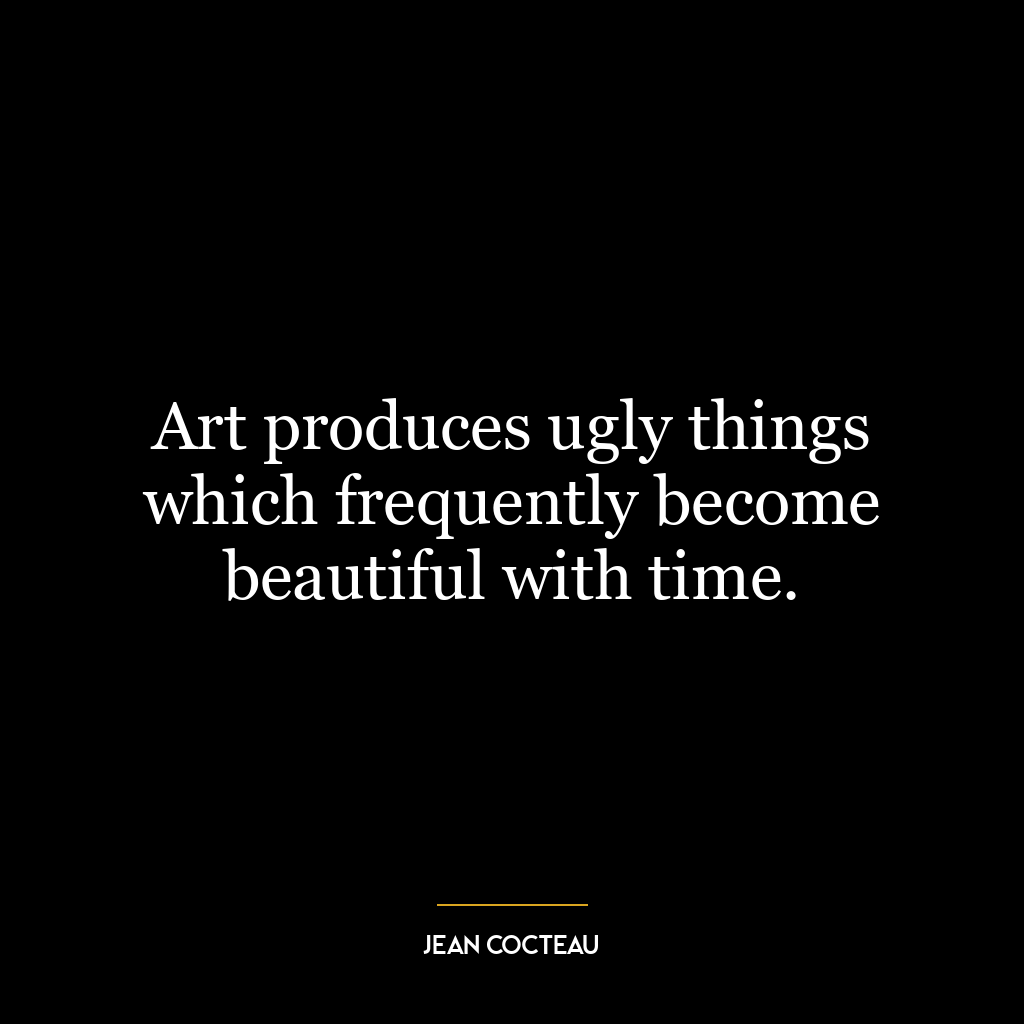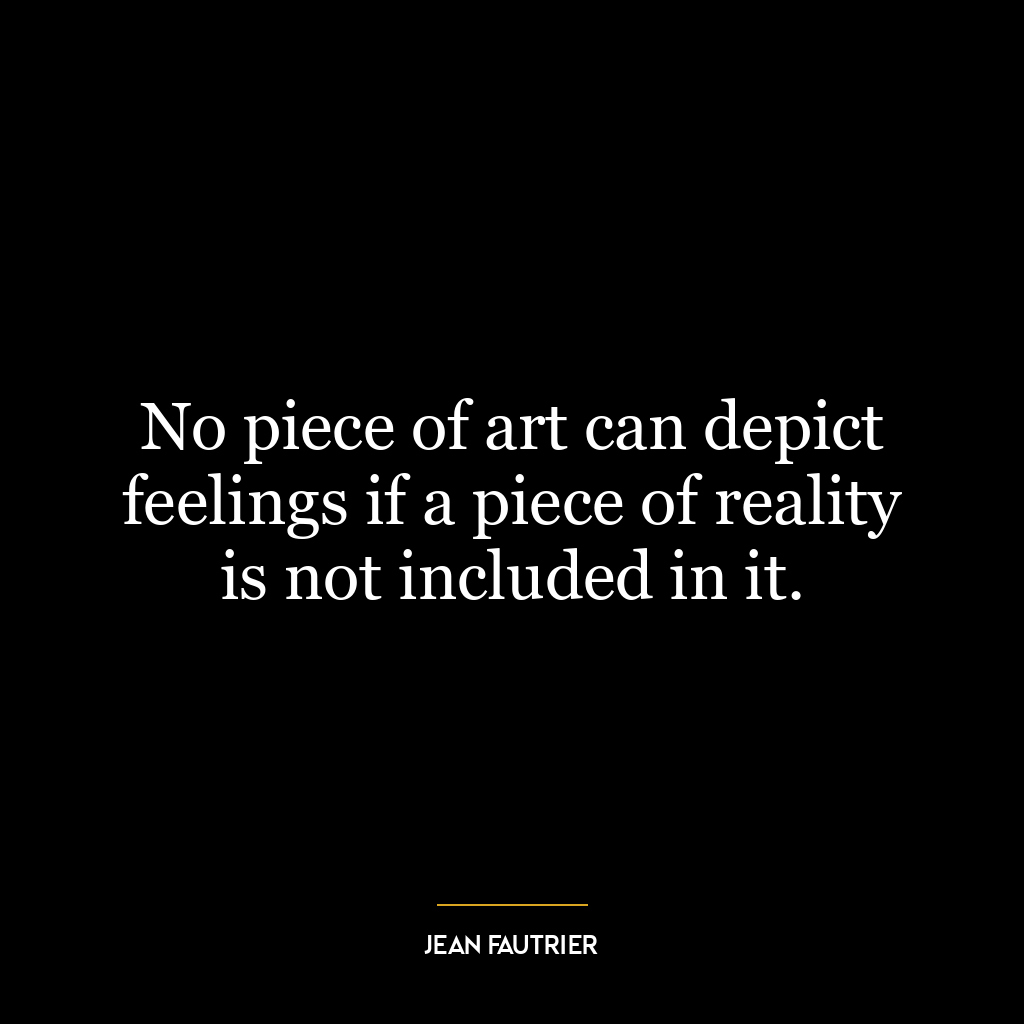This quote suggests that each individual has a unique genius or talent that will align with one particular science or discipline. It emphasizes the vastness and complexity of art in all its forms, implying that it takes a particular kind of genius to truly master any given form. Conversely, it also underscores the limitations of human understanding or "wit", suggesting that one person cannot possibly master all forms of art or science due to these inherent limitations.
In the context of personal development, this quote could be interpreted as an encouragement to find and focus on one’s unique strengths or talents. Instead of trying to be a jack of all trades and master of none, one should aim to find the one area where their unique genius can truly shine. This is not to say that one should not have a broad range of skills or knowledge, but rather that specialization in a particular area can lead to greater mastery and achievement.
In today’s world, this idea is particularly relevant in the context of the increasing specialization of professions and fields of study. As the body of human knowledge continues to grow, it becomes increasingly difficult for any one person to have a comprehensive understanding of even a single field. Therefore, it becomes more important for individuals to find their niche where they can apply their unique talents and understanding.
The quote also underscores the importance of diversity in any team or project. Since each person can only truly master one science or discipline, a diverse team with a wide range of skills and expertise is more likely to be successful than a team where everyone has the same strengths and weaknesses.
In summary, Pope’s quote is a reminder of the vastness of human knowledge and the limitations of individual understanding. It encourages individuals to find and focus on their unique strengths, and highlights the importance of diversity in any team or project.















